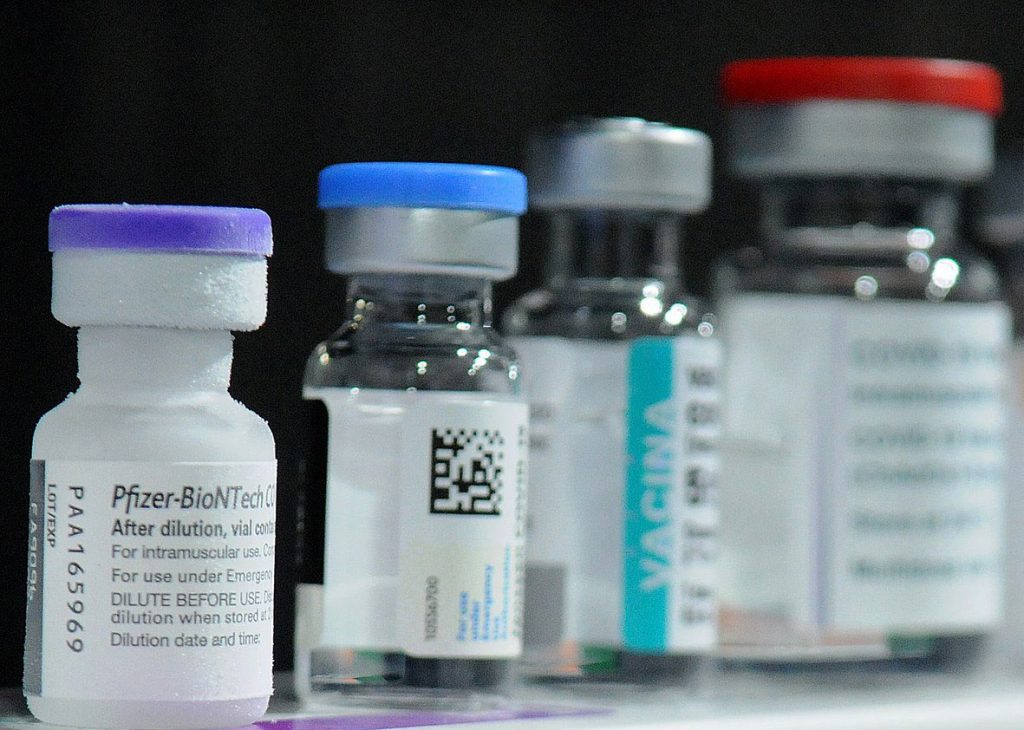
As the United States navigates through another wave of the COVID-19 virus, health authorities have approved and begun rolling out updated vaccines designed to combat the latest variants of the SARS-CoV-2 virus.
New Variants call for New Vaccines
The Food and Drug Administration (FDA) has given the green light to new versions of the vaccines from Pfizer and Moderna, which are now tailored to target the KP.2 strain, a part of the so-called “FLiRT” variants that have become predominant in recent months.
These vaccines are expected to provide robust protection against not only KP.2 but also closely related strains like KP.3, which have been on the rise.
Simultaneously, Novavax has been waiting in the wings with its vaccine targeting the JN.1 variant. Although not yet authorized by the FDA for this specific rollout, discussions around its efficacy against the current circulating variants have sparked interest, especially given its different technological approach using a protein-based mechanism.
What do the health officials say?
The CDC has recommended these updated vaccines for everyone aged six months and older, stressing the importance of vaccination in reducing severe disease outcomes, preventing long COVID, and potentially curbing transmission.
Public health officials advised Americans to get vaccinated, particularly those at higher risk such as the elderly, individuals with underlying health conditions, and healthcare workers.
Availability
The availability of the new vaccines in pharmacies, doctors’ offices, and health centers across the country is set to ramp up in the coming days, aiming to protect the population before the anticipated winter surge.
The rollout, however, comes with its challenges. Unlike previous years, the federal government will not cover the cost of these vaccines, marking a shift in policy as the public health emergency status for COVID-19 has ended. Manufacturers like Moderna have committed to providing doses for free to the uninsured, but the change in funding could affect vaccine uptake rates.
This new phase of vaccination also highlights ongoing discussions about vaccine strategy. The FDA’s decision to focus on KP.2 over JN.1 reflects a complex balancing act between predicting viral evolution and ensuring timely vaccine production, as there are questions about whether the focus should be on the most currently prevalent strain or one anticipated to dominate later in the season.